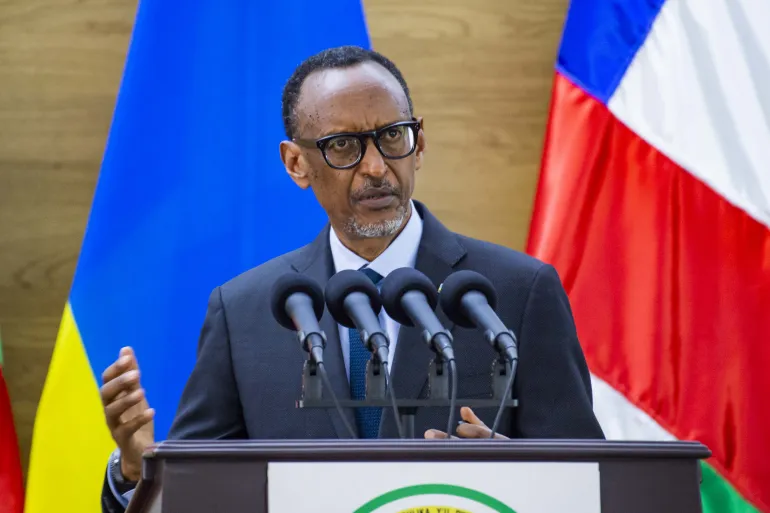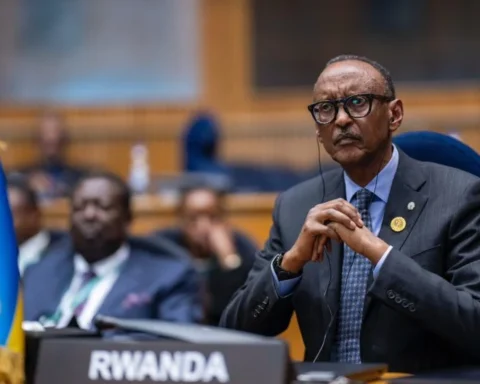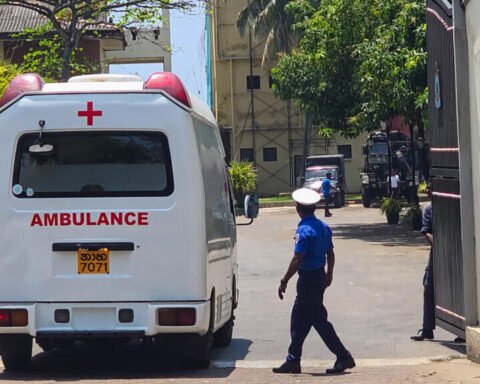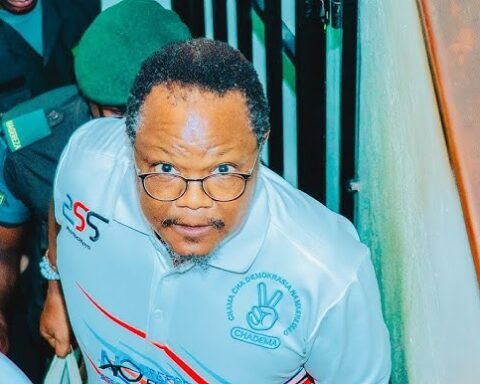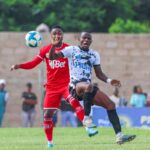A recent report by United Nations experts has brought renewed attention to the ongoing conflict in eastern Democratic Republic of Congo (DRC), alleging that neighboring Rwanda plays a significant role in supporting the rebel group M23.
The report claims that Rwanda has provided the rebels with military training, sophisticated weaponry, and high-tech equipment, enabling M23 to sustain its insurgency against the DRC government.
Between January and February of this year, the M23 rebels reportedly seized strategic cities such as Goma and Bukavu, both located in the mineral-rich Kivu region. These gains have allowed M23 to consolidate control over key economic hubs, increasing their political influence in the area. The conflict continues to destabilize the eastern Congo, which has long been a hotspot for violence and humanitarian crises.
The government in Kinshasa, supported by the United States and several Western nations, has accused Rwanda of backing M23 to weaken the DRC’s central authority and extend its own regional influence. This accusation adds to longstanding tensions between the two countries, which have a complicated history rooted in the aftermath of the 1994 Rwandan genocide.
Also Read; Iran Demands Safety Before U.S. Talks Resume
Rwanda has categorically denied these allegations, maintaining that its military operations are defensive in nature. It insists its actions target the Democratic Forces for the Liberation of Rwanda (FDLR), a Hutu rebel militia linked to the genocide that has operated in eastern Congo for decades. Rwanda argues that the FDLR poses a direct threat to its national security, and that its involvement in the DRC is aimed at protecting its borders.
The conflict has had devastating consequences for local populations. The eastern DRC is home to millions of civilians caught in a cycle of violence, displacement, and poverty. Humanitarian organizations, including the International Committee of the Red Cross (ICRC) and United Nations Refugee Agency (UNHCR), continue to provide aid amid severe challenges.
Efforts to broker peace have faced repeated setbacks. The African Union and the United Nations Organization Stabilization Mission in the DR Congo (MONUSCO) have been engaged in mediation, but distrust between Kigali and Kinshasa remains a significant barrier.

